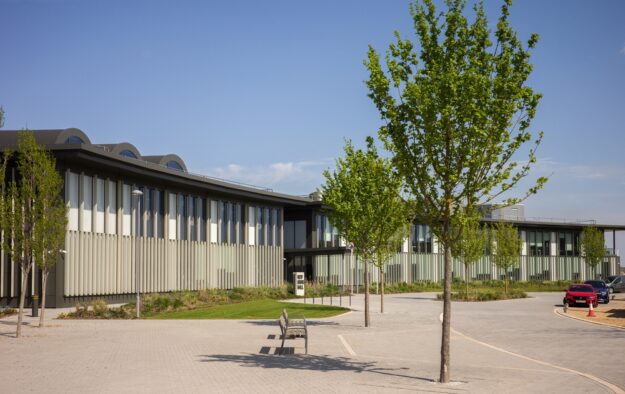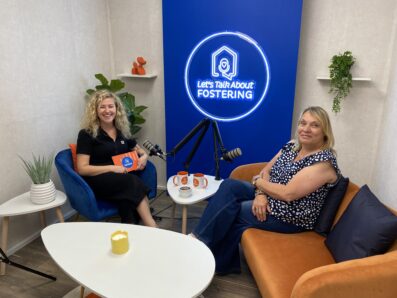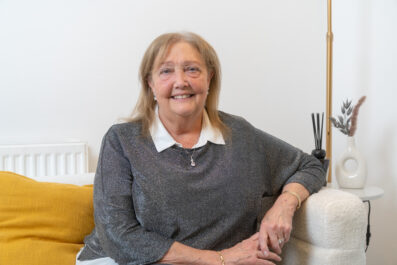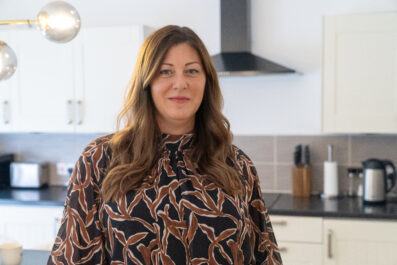A recent meeting of the Cambridgeshire County Council has stirred up controversy, with a Councilor being removed from his position after saying that some care-experienced young people are ‘not just naughty children, they can be downright evil.’
Stereotypes about care-experienced children being badly behaved or inherently different from other children are extremely damaging and fail to understand the complex lives of the 83,000+ care-experienced children across the UK.
As a way to combat harmful language, it’s important to learn more about why children come into care, how trauma can impact behaviour, and how we can all do our part to help care-experienced children to live fulfilling, happy lives.
Image Editorial credit: Stephen Richard McAdam

Why are children taken into care?
A child or young person might be taken into care for many reasons, but the important thing to remember is: it is never the fault of the child.
Some reasons children are removed from their family homes include:
- The death, physical illness or mental health struggles of a carer
- A family who are facing issues with addiction, poverty or imprisonment
- Neglect, abuse or witnessing domestic violence
No matter the circumstances surrounding a young person living in care, they are never responsible for the adversity they face. Every child in care is vulnerable and deserves love, support and care in order to help them overcome their adverse experiences to have the best chance at living life as a healthy, happy adult.
Children in care are not naughty— they’re hurting
Children need a deep level of genuine care, guidance and often professional therapeutic support to begin to heal from the trauma they have endured. Above all, care-experienced children and adults deserve compassion. There’s a long way to go in communicating what many care-experienced people go through in the UK; we need more people to understand the often unique needs of those with care experience, which are the result of life events outside of their control.
As a society, we can help to support care-experienced children by making efforts to educate ourselves on the realities of life within the care system, and by supporting the notion of making care experience a protected characteristic under UK law to help put an end to prejudice and discrimination.
The impact of trauma on the brain and behaviour
Here’s something you might not know… When a person experiences something traumatic at a young age, like facing abuse or being separated from their parents, it can have an enormous impact on their developing brain. Children who have faced trauma may experience issues around healthy attachment and emotional regulation and may be living in a constant state of ‘fight or flight’. Trauma can also affect the way children see the world around them, and they may perceive safe situations as threatening.
All of these factors combined can affect a child’s overall behaviour. They may react differently to situations than a child who has been raised in a healthy, secure environment. Even when a child is living in a safe environment, such as with a foster family, it can take a lot of time, patience and persistence for them to be able to develop trust in the adults around them and a sense of true safety.
If you’ve been affected by the language used to describe children and young people in care, you might be the right person to become a foster parent yourself. With a shortage of foster families across the UK, we are always open to welcoming more compassionate, hard-working people to join our network of inspiring foster parents.





